Our Projects
SDG 4: Quality Education
Phase i: Bridging the digital divide
Our “Bridging the Digital Divide” initiative profoundly impacts communities by addressing critical gaps in digital literacy and access. Through the establishment of community-based computer learning centers, we empower children and young learners with essential digital skills. This equips them to succeed in an increasingly technology-driven world. Moreover, the initiative fosters inclusivity by creating opportunities for individuals who face financial or geographical barriers to digital education.
To tackle these challenges effectively, the program focuses on setting up community-based computer learning centers. These centers provide uninterrupted access to digital education and skill-building resources, meeting both immediate and long-term needs.
Community involvement plays a pivotal role in the project’s success and sustainability. From planning to implementation, we ensure active participation at every stage. By integrating community input, the initiative becomes not only impactful but also sustainable and deeply rooted in the lives of those it serves.
Planning and Design
We actively collaborate with community members to identify the ideal location for the computer learning center. Their valuable input ensures that the center is tailored to local needs and respects cultural contexts, aligning closely with the community’s priorities and fostering a sense of shared ownership and purpose.
Resource Mobilization
The community generously provides space to house the center, significantly reducing operational costs while fostering a strong sense of ownership. Additionally, local volunteers are recruited and trained to manage the center, promoting a collaborative effort and ensuring its sustainable operation.
Implementation
Community members actively participate in setting up the center’s infrastructure and promoting its offerings. Their involvement ensures that the center’s services effectively reach children, youth, and other learners, fostering widespread awareness and engagement.
Feedback and Improvement
We regularly gather feedback from the community to evaluate the center’s impact and identify areas for enhancement. These insights enable us to refine the curriculum and address emerging needs, ensuring the center remains effective and relevant.
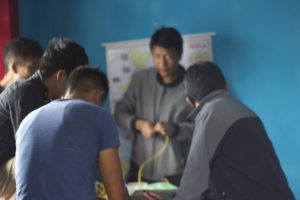
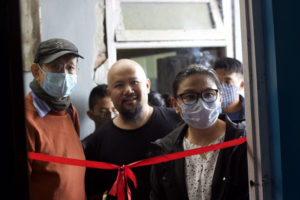


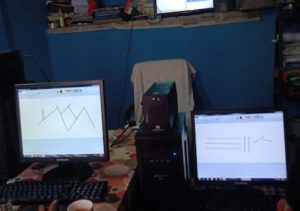
SDG 4: Quality Education
PHASE II: Coding
Phase II focuses on teaching programming language and responsive web development, significantly enhancing the long-term impact of our “Bridging the Digital Divide” initiative. By equipping children with essential coding skills, we are not only fostering digital literacy but also preparing them for the demands of a rapidly evolving job market. This phase helps bridge the gap between basic computer skills and more advanced technical knowledge, opening doors to opportunities in the growing tech industry.
Coding not only deepens the technical knowledge of our learners but also creates lasting, positive impacts by fostering a community of skilled, digitally literate individuals poised for success in the modern world.
Employment Opportunities
Children who complete the coding phase gain a valuable skill set that increases their employability in technology-driven fields. This opens up new career paths, from web development to software engineering, empowering them to break free from the constraints of traditional, low-wage jobs.
Entrepreneurial Empowerment
Learning responsive web development equips individuals to create websites and digital platforms, fostering entrepreneurship within the community. These skills enable local youth to build businesses, whether by creating e-commerce sites or offering web development services.
Digital Inclusion
By providing coding skills to underserved youth, we contribute to digital inclusion, allowing them to participate fully in the global economy. As they acquire coding expertise, they become contributors to the digital workforce, driving innovation and economic growth in their communities.
Leadership Development
As children advance in coding and web development, they also develop problem-solving, logical thinking, and collaboration skills, all of which are essential for leadership roles. This contributes to the development of a generation of tech-savvy leaders within the community.
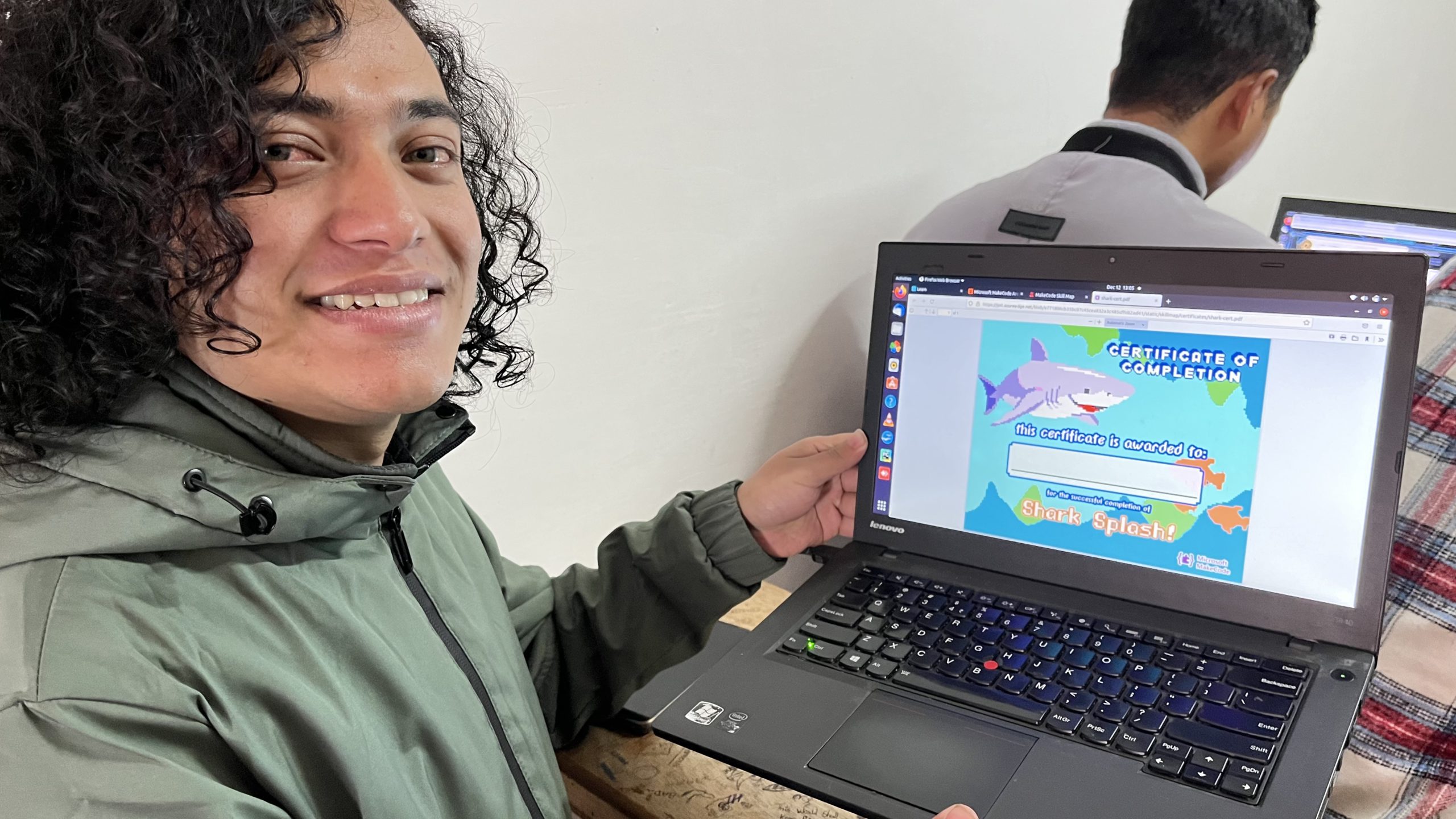
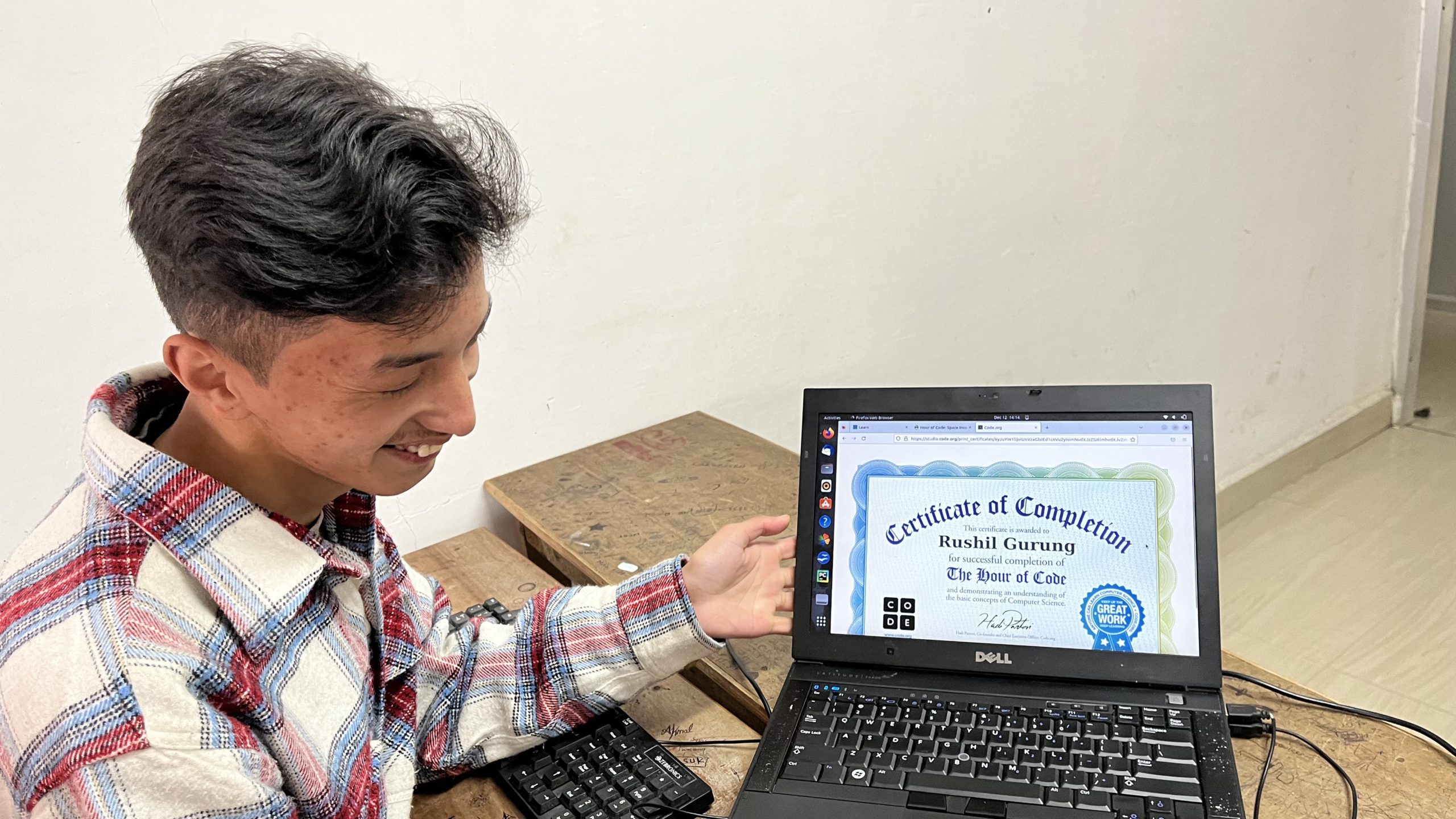
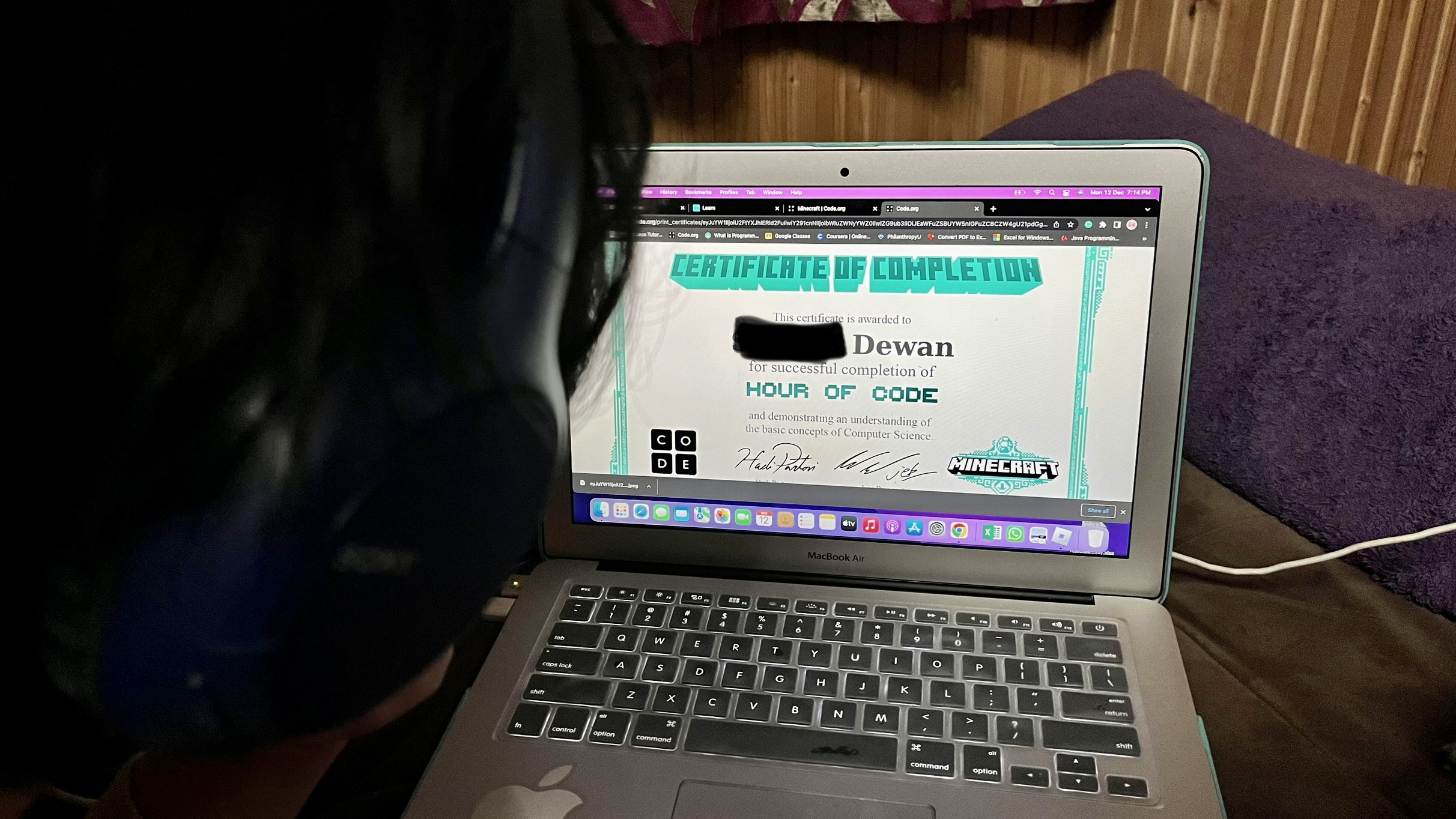
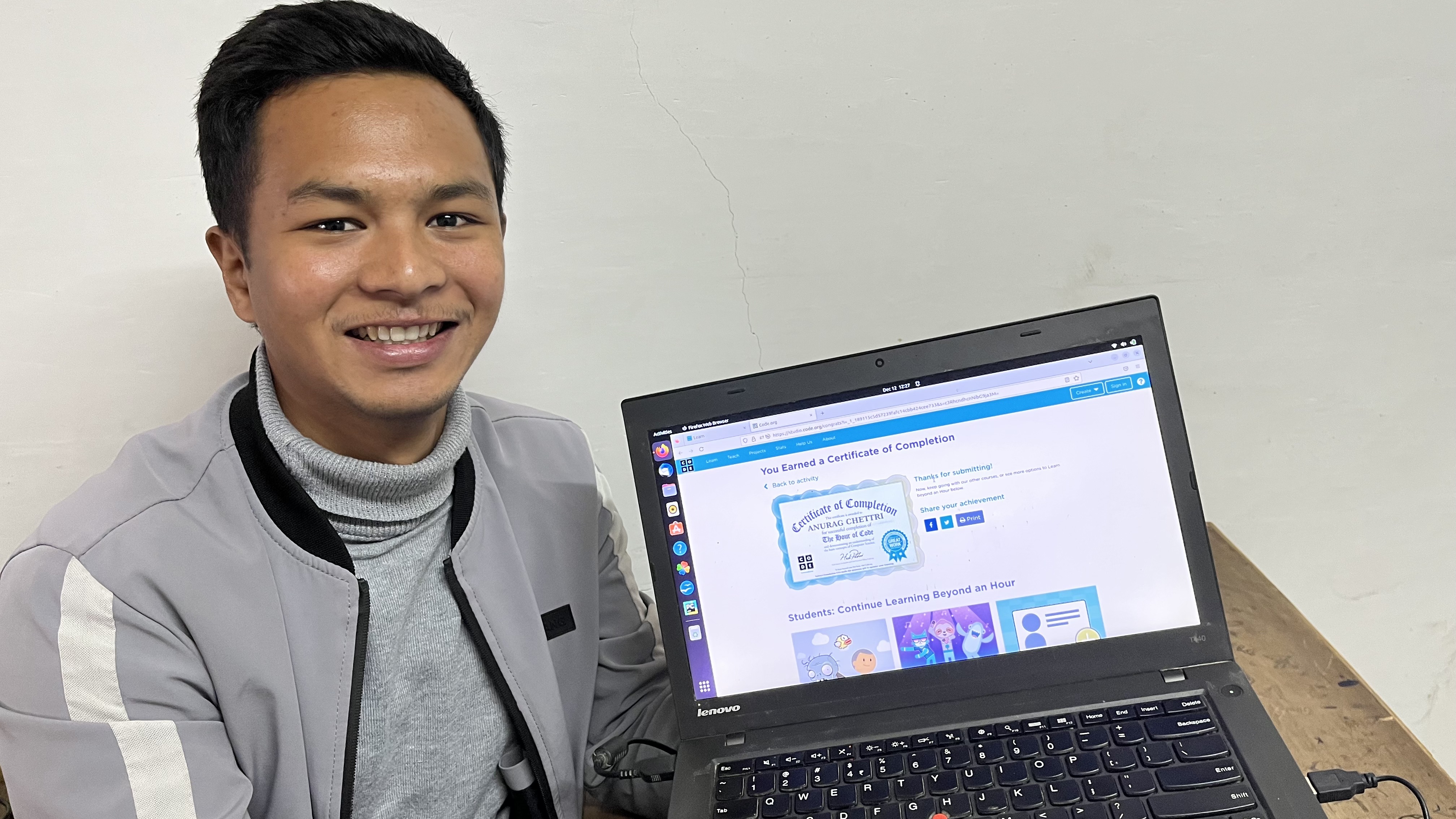
PHASE III: SOAR
PHASE III: SOAR
Phase III marks a pivotal chapter in the “Bridging the Digital Divide” initiative. By introducing children to Professional Certification programs in fields like Digital Marketing, Cybersecurity, and Data Analytics, this stage is designed to cultivate industry-relevant skills and open pathways to rewarding careers in high-demand sectors.
SOAR is more than a learning program; it’s a catalyst for transformation. It equips children with the credentials, expertise, and opportunities necessary to thrive in competitive, technology-driven industries. Beyond individual empowerment, this phase drives socio-economic progress, fostering a skilled workforce that can fuel community growth and innovation.
Skill Advancement
Youths are equipped with industry-recognized credentials that significantly increase their employability. This phase helps close the skills gap and offers youth in underserved communities access to careers in fast-growing tech fields —roles that are integral to the modern economy.
Digital Participation
As more businesses and services move online, the demand for skilled professionals grows. By certifying children in these fields, Phase III helps them participate in the digital economy, providing industries with a pipeline of skilled workers who can contribute to businesses and startups.
Entrepreneurial Potential
With certifications in these high-demand areas, children will be empowered to launch their own businesses or freelance careers. This fosters local entrepreneurship and creates new economic opportunities, driving growth within the community.
Global Opportunities
Professional certifications increase the chances of securing remote or global job opportunities. As children gain expertise in these cutting-edge fields, they open the door to careers with international companies, furthering economic mobility and expanding their horizons.

